Premium Only Content
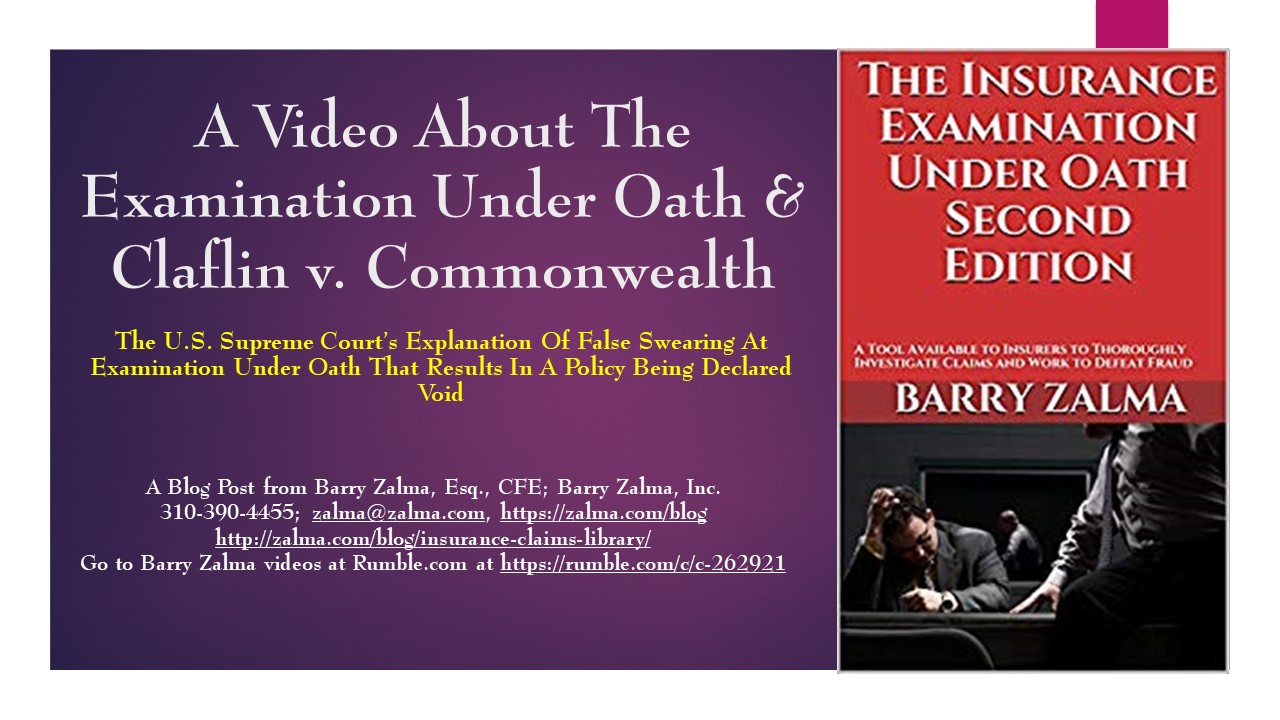
A Video About Claflin v. Commonwealth and the Examination Under Oath
The U.S. Supreme Court's Explanation of False Swearing at Examination Under Oath that Results in a Policy Being Declared Void
The decision of the U.S. Supreme Court in CLAFLIN and others v. COMMONWEALTH INS. CO. OF BOSTON, MASSACHUSETTS, et al, 110 U.S. 81, 3 S.Ct. 507, 28 L.Ed. 76 (January 14, 1884) is the premier precedent that establishes that a falsely sworn statement at an insurance examination under oath requires the claim to be denied and the policy voided even if the insured had no intention of deceiving the insurer about the amount of loss.
THE REASON FOR AN EUO
The object of the provisions in the policies of insurance, requiring the assured to submit himself to an examination under oath, to be reduced to writing, was to enable the company to possess itself of all knowledge, and all information as to other sources and means of knowledge, in regard to the facts, material to their rights, to enable them to decide upon their obligations, and to protect them against false claims. And every interrogatory that was relevant and pertinent in such an examination was material, in the sense that a true answer to it was of the substance of the obligation of the assured. A false answer as to any matter of fact material to the inquiry, would be fraudulent. If it made, with intent to deceive the insurer, would be fraudulent. If it accomplished its result, it would be a fraud effected; if it failed it would be a fraud attempted. And if the matter were material and the statement false, to the knowledge of the party making it, and willfully made, the intention to deceive the insurer would be necessarily implied, for the law presumes every man to intend the natural consequences of his acts. No one can be permitted to say, in respect to his own statements upon a material matter, that he did not expect to be believed; and if they are knowingly false and willfully made, the fact that they are material is proof of an attempted fraud, because their materiality, in the eye of the law, consists in their tendency to influence the conduct of the party who has an interest in them, and to whom they are addressed. 'Fraud.' said Mr. Justice CATRON, in Lord v. Goddard, 13 How. 198, 'means an intention to deceive.' 'Where one,' said SHIPLEY, C. J., in Hammatt v. Emerson, 27 Me. 308-326, 'has made a false representation, knowing it to be false, the law infers that he did so with an intention to deceive.' 'If a person tells a falsehood, the natural and obvious consequence of which, if acted on, is injury to another, that is fraud in law.' BOSANQUET, J., in Foster v. Charles, 7 Bing. 105; Polhill v. Walter, 3 Barn. & Adol. 114; Sleeper v. Ins. Co. 56 N. H. 401; Leach v. Republic F. Ins. Co. 58 N. H. 245.
The fact whether Murphy had an insurable interest in the merchandise covered by the policy was directly in issue between the parties. By the terms of the contract he was bound to answer truly every question put to him that was relevant to that inquiry. His answer to every question pertinent to that point was material, and made so by the contract, and because it was material as evidence; so that every false statement on that subject, knowingly made, was intended to deceive and was fraudulent. And it does not detract from this conclusion to suppose that the purpose of Murphy in making these false statements was not to deceive and defraud the companies, as is stated in the bill of exceptions and certificate, but for the purpose of preventing an exposure of the false statement previously made to the commercial agency in order to enhance his credit. The meaning of that we take to be simply this, that his motive for repeating the false statements to the insurance companies was to protect his own reputation for veracity, and that he would not have made them but for that cause. But what is that but that he was induced to make statements known to be false, intended to deceive the insurance companies, lest they might discover, and others through them, the falsity of his previous statements; in other words, that he attempted, by means of a fraud upon the companies, to protect his reputation and credit? In any view, there was a fraud attempted upon the insurers.
© 2020 – Barry Zalma
Barry Zalma, Esq., CFE, now limits his practice to service as an insurance consultant specializing in insurance coverage, insurance claims handling, insurance bad faith and insurance fraud almost equally for insurers and policyholders. He also serves as an arbitrator or mediator for insurance related disputes.
-
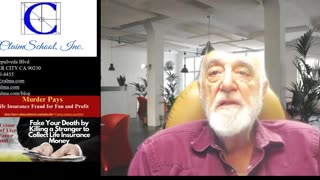 13:02
13:02
Barry Zalma, Inc. on Insurance Law
11 months agoMurder Pays
3331 -
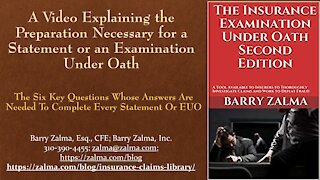 15:17
15:17
Barry Zalma, Inc. on Insurance Law
4 years agoA Video Explaining the Preparation Necessary for a Statement or an Examination Under Oath
68 -
 9:46
9:46
rochlik
3 years ago $0.01 earnedA video about coffee.
561 -
 0:13
0:13
AYBxANAS
3 years ago $0.26 earnedVideo about the beauty of the earth
492 -
 0:58
0:58
AYBxANAS
3 years ago $0.02 earnedFeatured video about the beauty of nature
1391 -
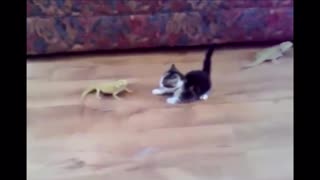 0:16
0:16
Pshava
4 years ago $0.14 earnedvideo about a cat
1.02K8 -
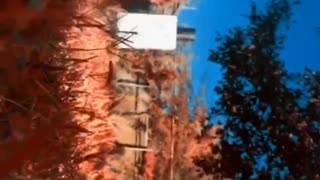 0:11
0:11
Gost
4 years ago $0.03 earnedBeautiful video about nature
4606 -
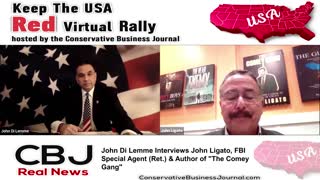 0:59
0:59
John Di Lemme - Conservative American Patriot who brings to you the Best of the Best in the Conservative Arena
4 years ago $0.04 earnedJohn Ligato Shares about Hillary Clinton Lying Under Oath and Corruption...
319 -
 3:14
3:14
Bekbolsun
4 years agoBeautiful video about Asia in the rain
1451 -
 3:11
3:11
GabbysGallery
4 years agoAll About Me! First Video! Gabby's Gallery
31